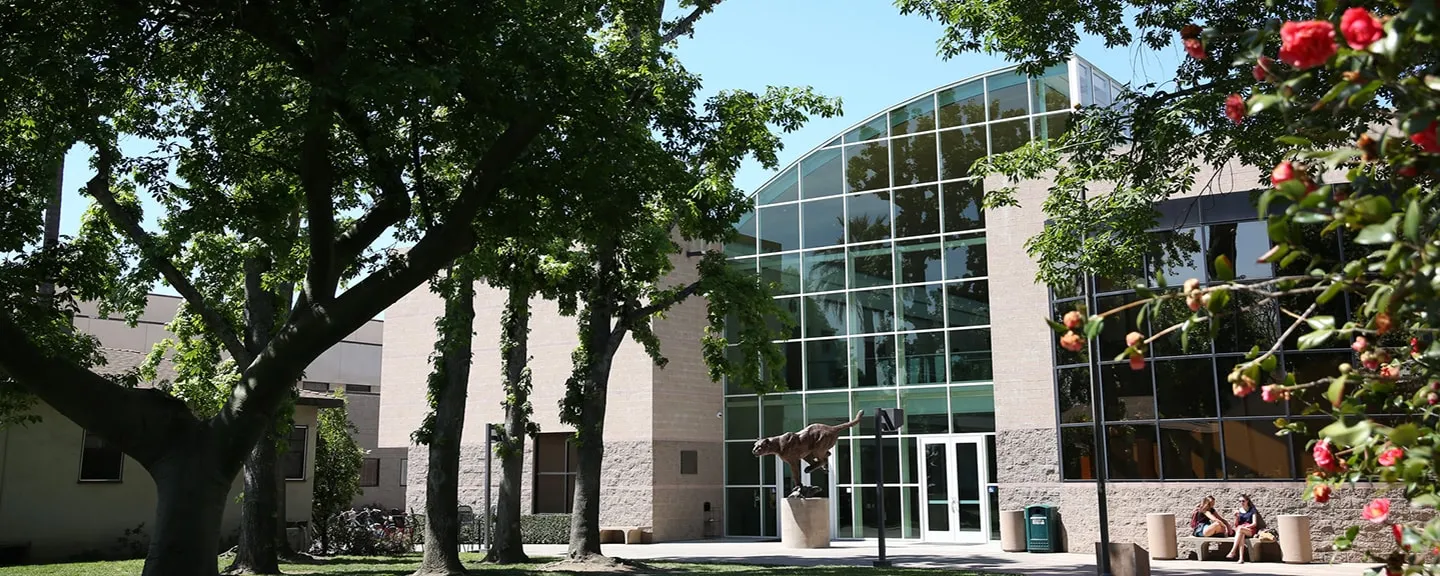- Home
- >
- APU Articles
- >
- News Article
What Is a Parent PLUS Loan and Should You Consider Applying?
September 25, 2018 | Written By Naomi Mannino

Stephen Fahey, director of undergraduate financial aid at Azusa Pacific University, says that many parents have asked him specifically about Parent PLUS Loans in recent years. While he agrees that there is a clear financial incentive to apply for this type of loan, he says there’s a more meaningful reason parents should consider it.
“The maximum borrowing amount of student direct loans hasn’t changed in many years, but the cost of delivering education continues to increase every year, so federal funding has not kept pace with the cost of education,” Fahey explains. “The federal government invests in your child by giving a certain amount of money in grants and low-interest loans, and then you need to make a decision on how much to invest in your child’s future, too.”
The Pros of Parent PLUS Loans
According to the U.S. Department of Education , any parent who fills out the Free Application for Federal Student Aid (FAFSA) for their child—who plans to attend college at least half-time and maintain satisfactory academic progress—can also apply for a Parent PLUS Loan. These loans are available for all eligible dependent students, including those pursuing graduate and professional degrees, up to the cost of their attendance (after subtracting any other grants or loans the student received).
According to Fahey, the main benefit of a Parent PLUS Loan is that they are very easy to apply for; the only criteria for approval is your good credit. This means you don’t have to worry about all the income and application requirements of a typical private bank loan.
Another benefit of this type of loan is the amount of interest that borrowers are responsible for paying back. So, what is a Parent PLUS Loan interest rate like? Fahey explains that it depends on the rates when you apply, but once you’re approved, the interest rate is fixed for the life of the loan. It’s important to note that you will have to reapply for this loan every year you need it, so the interest rates may differ each year—but once they’re locked in, they won’t fluctuate.
Considerations to Keep in Mind
Parent PLUS Loans are “unsubsidized” since the government does not cover any of the interest that is charged during the term of the loan, which means that the payback period begins sooner. This is in contrast to the other “subsidized” student loans your child may receive—in which the government pays the interest while the student is still in college.
“I always advise parents to evaluate all of their loan options and shop their loan needs around,” Fahey says. “If you have great credit and great income, you might get a better interest rate and term with a private loan.”
To examine your options, you can approach banking institutions that you already have a relationship with, and ask your child’s school for a list of financial institutions that offer private education loans. If you choose to apply for a Parent PLUS Loan, you can do so directly through the U.S. Department of Education website as soon as you’re ready.
Determining How Much to Borrow
Fahey encourages every parent to meet with someone in the financial aid office of their student’s chosen institution—whether by phone or in person—to find out exactly how much to borrow. This can help you start off on the right foot.
“I have seen people over-borrow and then receive a refund from the institution, which means a parent borrowed money they didn’t need and paid interest on it,” Fahey notes. Once your child has decided upon a school and degree program, determining how to pay for it is a fantastic opportunity for you to cooperatively examine how to best invest in his or her future.
Is your child interested in attending APU? Do you want to learn more about financing options? We’ve got you covered. Take some time to explore the different types of loans that you (and your student) can apply for.